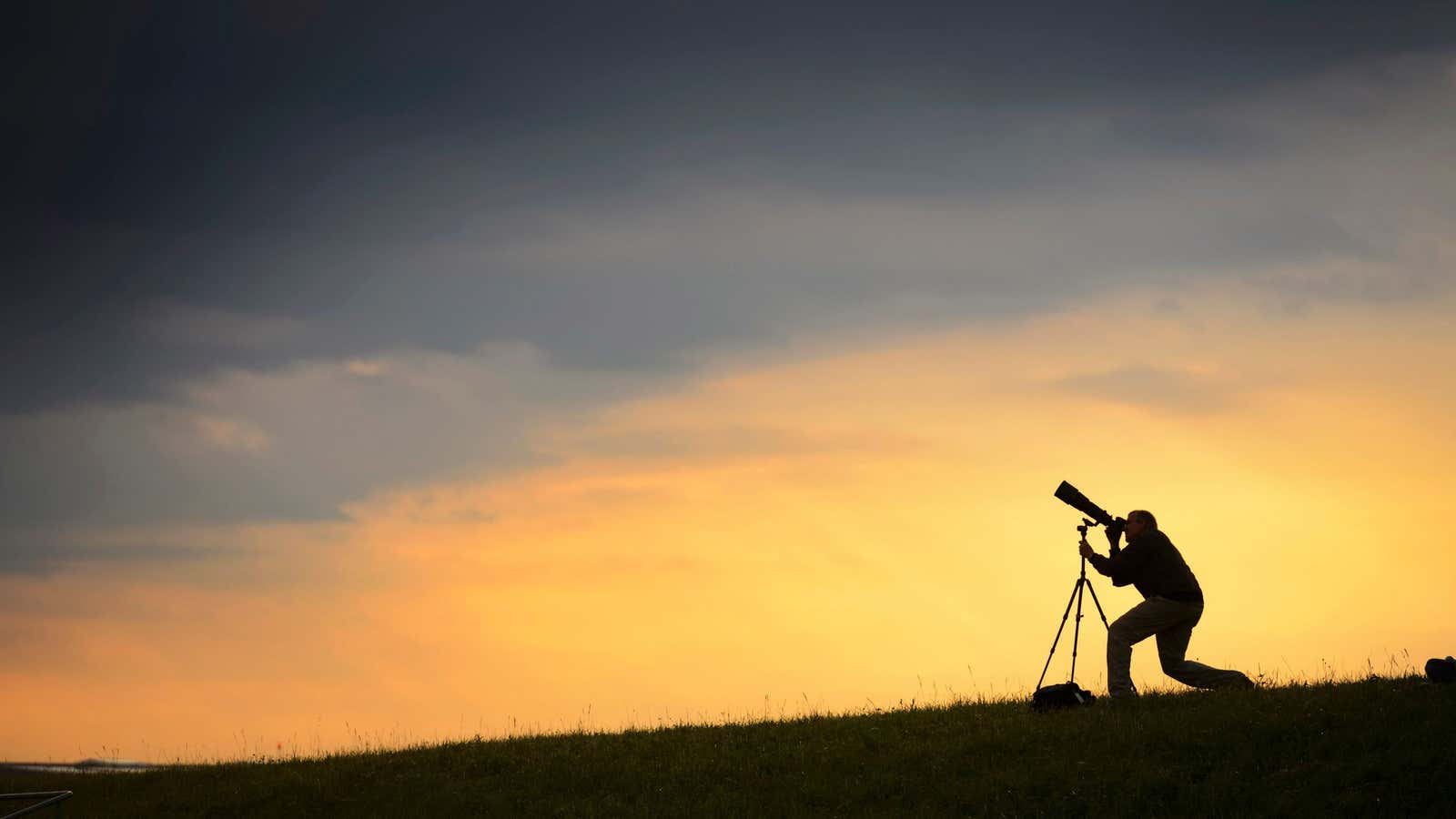I was born in 1996, making me one of the older members of GenZ, or “iGen”—a generation defined by (and often critiqued for) its dependency on smartphones and the internet. I joined Facebook and Instagram in high school, and the platforms have had a huge influence on my life’s social dynamics since then—so much so, that quitting one of them forced me to relearn how to authentically experience my life offline.
Initially, social media tapped into my ongoing interest in documenting my life. The night before my 12th birthday, I went into every room in my house, willing myself to remember what inhabiting those spaces felt like as an 11 year old. Creating an Instagram account at 16 stemmed from the same impulse: to record and commemorate what life looked like as I grew and stretched in different directions.
But social media has changed a lot since I first downloaded Instagram onto my iPod Touch in the summer of 2012. Some of my older relatives have accounts now, as do most celebrities, politicians, and businesses. The once-ad-free feeds are now clogged with sponsored content urging me to buy dietary supplements and workout clothes. Platforms are being accused of abusing users data and trust. My friends are still posting, almost as much as they had in high school, but the content feels different, almost knowingly catering to larger audiences.
Until recently, I used Instagram in the same way I always had: to commemorate the end of a school year, an anniversary, hanging out with friends. Though documenting those experiences remained important to me, posting them on Instagram began making me feel anxious and insecure about the public scrutiny I was inviting.
I didn’t want to focus on gaining popularity via Instagram, but after posting a photo it was hard to stop from checking and re-checking my phone, counting the number of likes I told myself I didn’t care about. I’m probably not alone in feeling this way. More than 70% of American teenagers use Instagram, citing the the benefit of “connecting with friends/family,” according to a recent survey by the Pew Research Center. But only 31% see social media as having a “mostly positive effect” on people their own age.
Social media platforms like Instagram are designed to be constantly checked, hard to put down, and harder still to opt out of entirely. So, when the app began to automatically crash my slowly-deteriorating iPhone a few months ago, I deleted it, and opted instead to check Instagram on my computer, peeking into the curated worlds of the people I followed while knowing that they could no longer peek into mine.
I understood the sentiment expressed by Lindy West when she wrote for The New York Times before quitting Twitter that the platform felt, “when you are embroiled in it, like the place where everything is happening.” This sentiment is mirrored in many other essays. Even if you want to leave (and the authors of these essays generally do), there is a fear of being out of the loop, rendered irrelevant by being uninformed. But when you take the leap, there’s also a huge sense of relief that you can learn to be human again in real life, not as a performer online.
That process isn’t seamless for someone who has spent most of their adult life on social media. The sudden feeling of anonymity I experienced deleting my account felt both empowering and isolating. The tool that I’d used to document large events in my life was gone, and I was unsure what to replace it with. My day-to-day life was the same but felt less important, simply because no one else was validating it with likes and comments. After I got a new, glitch-free phone, I caved and downloaded the app to post about a trip to Peru with my college jazz band, and commemorate an anniversary with my boyfriend. Though both times I deleted the app immediately after posting, I couldn’t bring myself to actually shut down my account and permanently erase the public archive of photos it housed.
I felt trapped in a kind of limbo after deleting the app, unwilling to permanently go back but lacking an outlet to record my life in a substantial way. Eventually, I adapted. One of my best friends from high school sent me a postcard from Los Angeles, and I sent her a letter in return. I started journaling again, every day. Slowly, I began to crawl out of what felt like a tiny purgatory of self-induced isolation. I was documenting my life again, but for a much more controlled audience. Writing in my journal. Making playlists. Texting pictures of flowers to my mom.
Since my college graduation a few weeks ago, my friends have scattered across the United States. I don’t talk to most of them every day, but I can see what they’re up to through the social media sites I check every so often. To swear off social media entirely would be to deprive myself from seeing what my peers have presented online to be seen, to stop witnessing the strangely symbiotic relationship between performance and viewership. I’m not quite ready to do that yet.
We all want to be seen and acknowledged, even if it’s only through a like on social media. But by swearing off Instagram in the limited way I have, I’m trying to see myself and others in more complex ways. It’s not a perfect or permanent solution, but one that seems to suit the age and space I’m in. For my generation, social media isn’t just a luxury or a casual pastime—it shapes the world we live in, for better or for worse. Deleting an app that I’d allowed to take up so much of my mental energy felt like a small but necessary way to wrestle back a degree of control.
This article is part of Quartz Ideas, our home for bold arguments and big thinkers.
